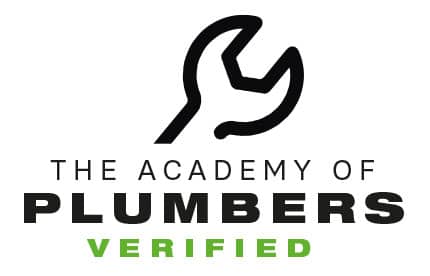According the Electrical Safety Foundation International, statistics show that sales of electrical products increase during the month of December. This increase in electrical product purchases, combined with the colder weather in many parts of the country, increases the likelihood of electrical fires, electrocutions and injuries. Transworld, Inc. Electrical Contractors has collected winter safety tips to help protect your home and family from a potential hazard.
Space Heater Safety
• Make sure your space heater has the label showing that it is listed by a recognized testing laboratory.
• Before using any space heater, read the manufacturer’s instructions and warning labels carefully.
• Inspect heaters for cracked or broken plugs or loose connections before each use. If frayed, worn or damaged, do not use the heater.
• Never leave a space heater unattended. Turn it off when you’re leaving a room or going to sleep, and don’t let pets or children play too close to a space heater.
• Space heaters are only meant to provide supplemental heat and should never be used to warm bedding, cook food, dry clothing or thaw pipes.
• Install smoke alarms on every floor of your home and outside all sleeping areas and test them once a month.
• Proper placement of space heaters is critical. Heaters must be kept at least three feet away from anything that can burn, including papers, clothing and rugs.
• Locate space heaters out of high traffic areas and doorways where they may pose a tripping hazard.
• Plug space heaters directly into a wall outlet. Do not use an extension cord or power strip, which could overheat and result in a fire. Do not plug any other electrical devices into the same outlet as the heater.
• Place space heaters on level, flat surfaces. Never place heaters on cabinets, tables, furniture, or carpet, which can overheat and start a fire.
• Always unplug and safely store the heater when it is not in use.
Heating Pads And Electrical Blanket Safety
• Look for dark, charred, or frayed spots or one where the electric cord is cracked or frayed. Replace any worn or old heating pad or electric blanket.
• Do not allow anything on top of a heating pad or electric blanket when it is in use. When covered by anything, including other blankets or pets, electric blankets may overheat.
• Never fold electric blankets when in use. Folded or tucked in blankets could overheat and cause a fire.
• Heating appliances should never be left unattended or used while sleeping.
Carbon Monoxide Safety
• Carbon monoxide (CO) is a poisonous gas that is created when common fuels such as natural gas, oil, wood or coal burn incompletely. Portable generators come create CO and are commonly used in the winter.
Installation Tips:
Install CO alarms on every level of your home and outside each sleeping area.
Interconnected CO alarms provide the best protection. When one sounds, they all sound.
CO alarms are not a substitute for smoke alarms. Install both types of alarms in your home. Purchase CO alarms from a reputable retailer that you trust.
Choose alarms that bear the label of a nationally-recognized testing laboratory.
Follow the manufacturer’s instructions regarding proper placement and installation height.
Maintenance Tips:
Test CO alarms at least once a month by pressing the TEST button.
CO alarm batteries should be replaced in accordance with the manufacturer’s instructions, at least once a year. If an alarm “chirps” or “beeps” to indicate low batteries, they should be replaced immediately.
The lifespan of CO alarms varies. CO alarms should be replaced in accordance with the manufacturer’s instructions.
Alarm Tips:
Make sure that everyone in your family knows the difference between the sound of the CO and smoke alarms, and what number to call for a CO emergency.
If your CO alarm sounds, immediately move to fresh air outside. Alert others In the home to the danger and make sure everyone gets to fresh air safely.
Never ignore a sounding CO alarm.



